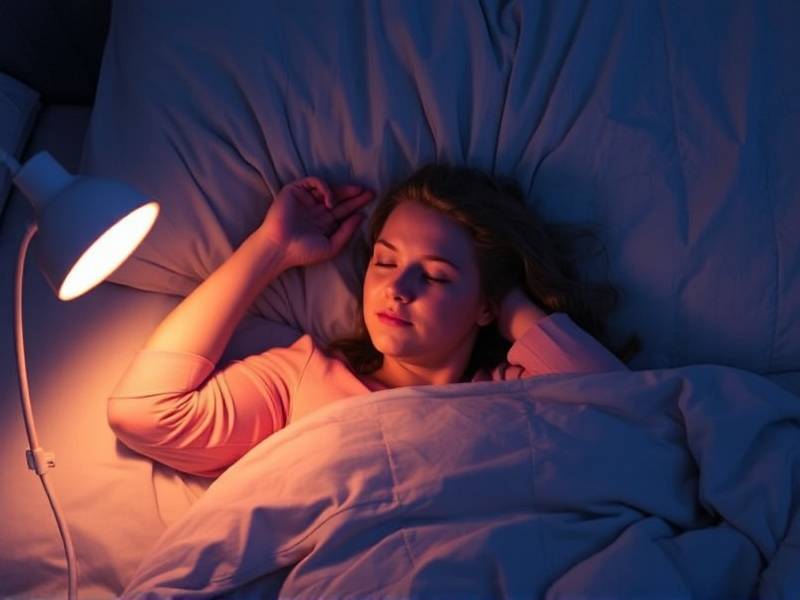How to Fall Asleep Quickly After Quitting Smoking Weed: Effective Tips and Tricks
Understanding the Challenge
Quitting smoking weed can be a challenging experience, especially when it comes to finding ways to fall asleep quickly. Many people find that their sleep patterns are disrupted after quitting, which can lead to frustration and difficulties in maintaining a healthy routine. In this article, we will explore some effective tips and tricks that can help you fall asleep more quickly after quitting smoking weed.
The Science Behind Sleep Disruption
When you quit smoking weed, your body goes through a withdrawal process that can include changes in your sleep patterns. THC, the main psychoactive compound in cannabis, affects the brain's ability to regulate sleep. Therefore, it's not uncommon for individuals who have been using weed regularly to experience insomnia or disrupted sleep after they stop.
Tips for Improving Sleep After Quitting Weed
1. Establish a Consistent Sleep Schedule
Creating a regular sleep schedule is crucial for improving your sleep quality. Try going to bed and waking up at the same time every day, even on weekends. This helps regulate your body's internal clock and can lead to more restful nights.

2. Create a Relaxing Bedtime Routine
A calming bedtime routine can signal to your body that it's time to wind down. Activities such as reading a book, taking a warm bath, or practicing relaxation techniques like deep breathing or meditation can help prepare your mind for sleep.

3. Optimize Your Sleep Environment
Make sure your bedroom is conducive to sleep. Keep the room cool, dark, and quiet. Consider using blackout curtains or a white noise machine if necessary.
4. Limit Exposure to Screen Time Before Bed
The blue light emitted by screens from devices like smartphones and computers can interfere with your ability to fall asleep. Try to limit screen time at least an hour before bed.
5. Stay Hydrated During the Day but Not Before Bed
Drinking plenty of water throughout the day is important for overall health but try not to drink large amounts of fluids before bedtime as this may disrupt your sleep.
6. Avoid Stimulants Before Bedtime
Avoid consuming caffeine or nicotine close to bedtime as these substances can keep you awake.
7. Consider Natural Supplements
Some natural supplements may help with sleep quality after quitting weed. Melatonin is often recommended as it helps regulate the body's internal clock.
Conclusion
Quitting smoking weed may disrupt your sleep initially, but with these tips and tricks, you can improve your chances of falling asleep quickly and enjoying more restful nights. Remember that patience is key; it may take some time for your body's natural rhythms to adjust after quitting cannabis use.
By implementing these strategies into your daily routine, you'll be well on your way to better sleep hygiene and overall well-being post-quit smoking weed journey!
